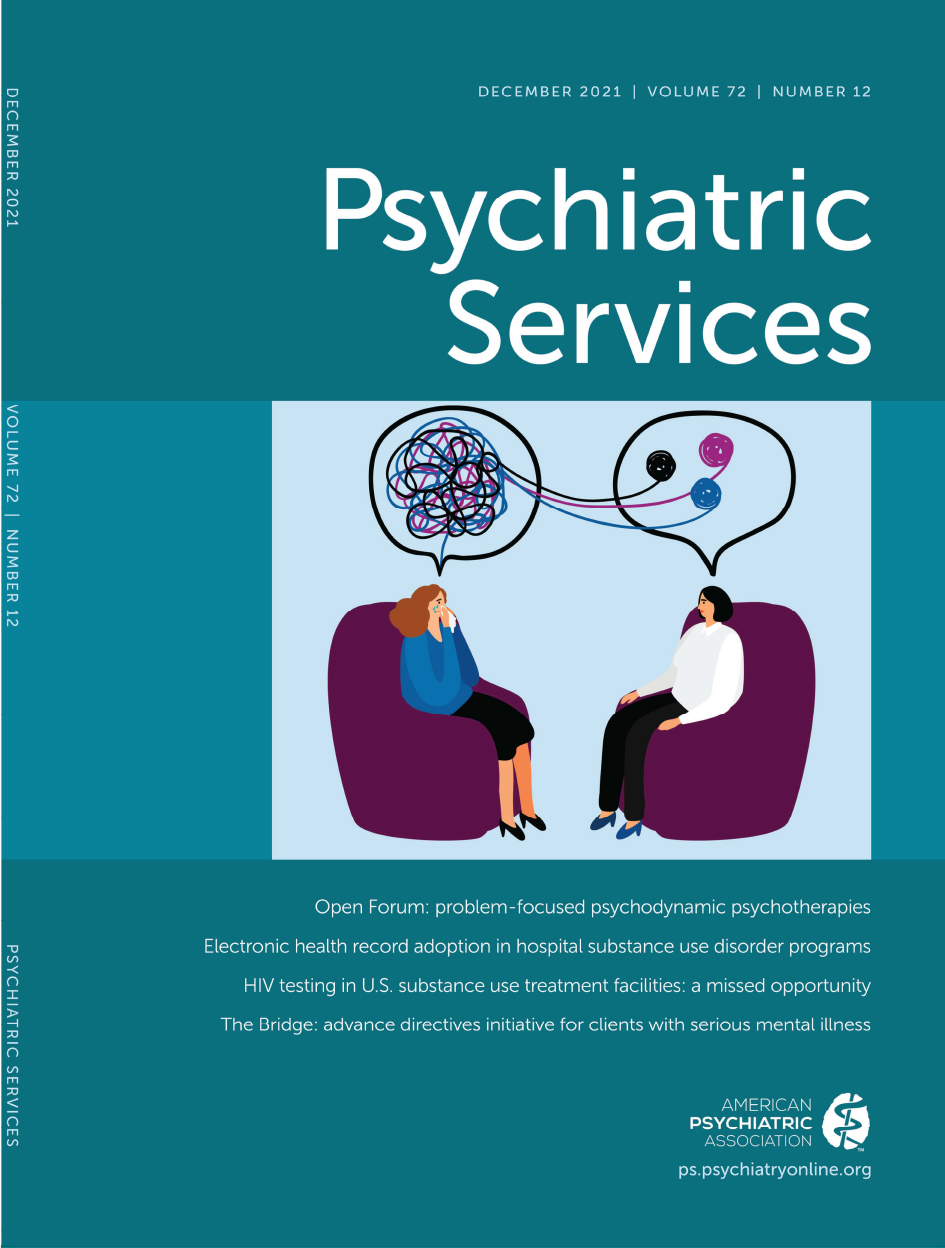Receipt, Spending, and Clinical Correlates of the Economic Impact Payment Among Middle- and Low-Income U.S. Adults
Abstract
Objective:
This study examined characteristics and planned expenses of U.S. adults who received the economic impact payment (EIP) during the COVID-19 pandemic.
Methods:
Using a nationally representative sample of 6,607 middle- and low-income U.S. adults, the authors examined the proportion and correlates of EIP receipt among eligible adults and the associations among planned EIP-financed expenses, challenges with paying expenses, and clinical characteristics.
Results:
Of the sample, 78.8% reported that they received the EIP, and 82.3% of EIP recipients reported that it had a positive impact on their life. Being a veteran (odds ratio [OR]=2.59), being married (OR=1.82), having a history of schizophrenia spectrum disorder (OR=1.74) or posttraumatic stress disorder (OR=1.51), and screening negative for recent suicidal ideation (OR=0.49) were associated with EIP receipt. Planned expenses with the EIP were savings, paying debt, and rent and accounted for 63.4% of the total amount. Screening positive for mental health or drug use problems was positively associated with greater planned expenses for substances and gambling. EIP receipt also was associated with fewer problems paying daily expenses, but participants who screened positive for mental health or alcohol use problems were more likely to report problems paying past-month daily expenses.
Conclusions:
Unconditional cash transfers such as the EIP may be important for sustaining the living situation of middle- and low-income populations. The management of funds is important to consider, especially among adults experiencing mental health and substance abuse problems, and such cash transfers may represent opportunities for financial literacy and money management interventions.



